The Power to Prevent Coalition (which includes Basic Rights Queensland) welcomes the costs reforms passed by parliament on 19 September 2024. The Australian Human Rights Commission Amendment (Costs Protection) Bill implements recommendation 25 of the Respect@Work Report and adopts a modified equal access costs model in federal anti-discrimination law in Australia, addressing a key barrier to people pursuing redress for discrimination and sexual harassment.
The Power to Prevent Coalition is a group of diverse community organisations, unions, academics, peak bodies, health professionals, lawyers and victim-survivors. We see the effects of discrimination and sexual harassment on people every day and the barriers they face in seeking justice. The Power to Prevent Coalition strongly advocated for this reform with 85 organisations endorsing a call for equal access in discrimination and sexual harassment matters. Power to Prevent Coalition members gave evidence at the public hearing into the Bill on 31 January 2024.
An equal access costs model means that individuals who bring claims of discrimination and sexual harassment can recoup their legal costs if they are successful while being protected from having to pay legal costs if they are unsuccessful (except in limited circumstances). Legal costs in these types of cases can easily be in the hundreds of thousands of dollars and can bankrupt people. This has been a major barrier to people speaking up when harmed by discrimination or sexual harassment at work.
This reform is a first for Australia in discrimination law. People will now be able to bring claims without the huge risk of having to pay the legal costs of the perpetrator, or the perpetrator’s employer, should they lose. It also means that people who bring successful sexual harassment or discrimination claims will have
their legal costs covered.
People not being able to enforce their rights has led many people to be silenced and perpetrators not being held to account. Long overdue, this change to how costs are considered in discrimination and sexual harassment claims will be another tool to address the endemic nature of sexual harassment documented in
the Respect@Work Report.
This change together with the implementation of the Respect@Work reforms sends the clear message that sexual harassment and discrimination are unacceptable. We also welcome that since December 2023, for the first time in Australia, the Australian Human Rights Commission will have the ability to investigate and
enforce compliance with the new positive duty that organisations and businesses must eliminate sexual and sex-based harassment and discrimination in connection with work, as well as any related acts of victimisation. This means employers need to actively seek to create a safer work environment free from
this type of conduct.
We congratulate the Commonwealth Government on this reform and the implementation of the Respect@ Work recommendations. We thank and acknowledge everyone who has advocated in this area, particularly people who have directly experienced sexual harassment and discrimination and have bravely spoken out to improve the law.

